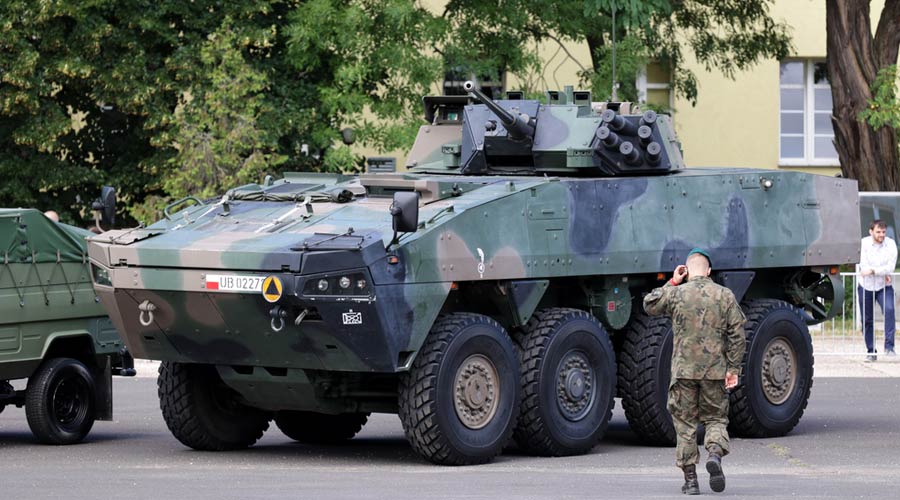What should nations prioritize while budgeting? Tanks or schools? For decades, nations in Europe have largely been able to answer that perennial question by focusing more of their resources on public education, health and other social benefits, building a much-envied welfare State model. But Russia’s war in Ukraine is forcing the continent to rethink where it should put its money. Germany, which for long has been among NATO’s laggards in defence spending, has decided to dramatically increase its military expenditure to ensure that it is greater than 2 per cent of the country’s GDP. France has declared an increase in its defence budget, while Britain’s foreign secretary, Liz Truss, has sought a spike in her nation’s military kitty. Fellow NATO members, Latvia and Romania, closer to Russia, have both announced that they will raise their defence spending to 2.5 per cent of their GDP. Beyond NATO, the governments of Sweden and Finland have announced plans to increase their military budgets as well. Across the Atlantic Ocean, the Joe Biden administration is asking the Congress of the United States of America to loosen the Pentagon’s purse strings.
While it is natural for nations to divert more of their resources towards defence in the wake of a major conflict, the shift threatens to slice off some of the financial support from social welfare programmes across Europe. The German government has already proposed a 12 per cent cut in its development aid for poorer nations. Peace over the past many years has enabled Britain to reduce its defence spending — from 8 per cent of the GDP in the 1950s to 2 per cent now — and instead steadily raise its health budget. Now that equation appears poised to flip. The consequences could be particularly troubling for the fight against climate change. The war has overnight transformed Europe’s focus from a rapid embrace of clean energy to a desperate search for alternative sources of oil and gas that can reduce the continent’s dependence on Russian fossil fuels. But the effects of the West’s changing priorities will be felt far beyond Europe. Under the Paris climate change agreement, rich nations are required to help developing countries transition to clean energy through financial support. That assistance might now sadly be on the chopping block in many nations. It is important for leaders around the world to guard against such a short-sighted approach. No battle can be won if the war to secure the planet for future generations is lost.










